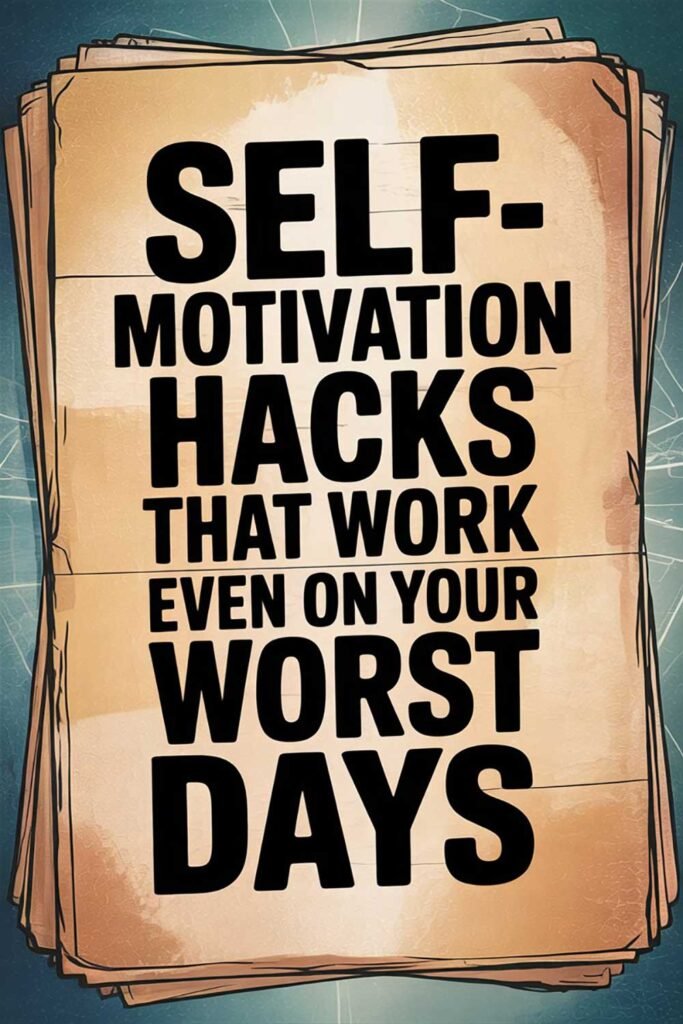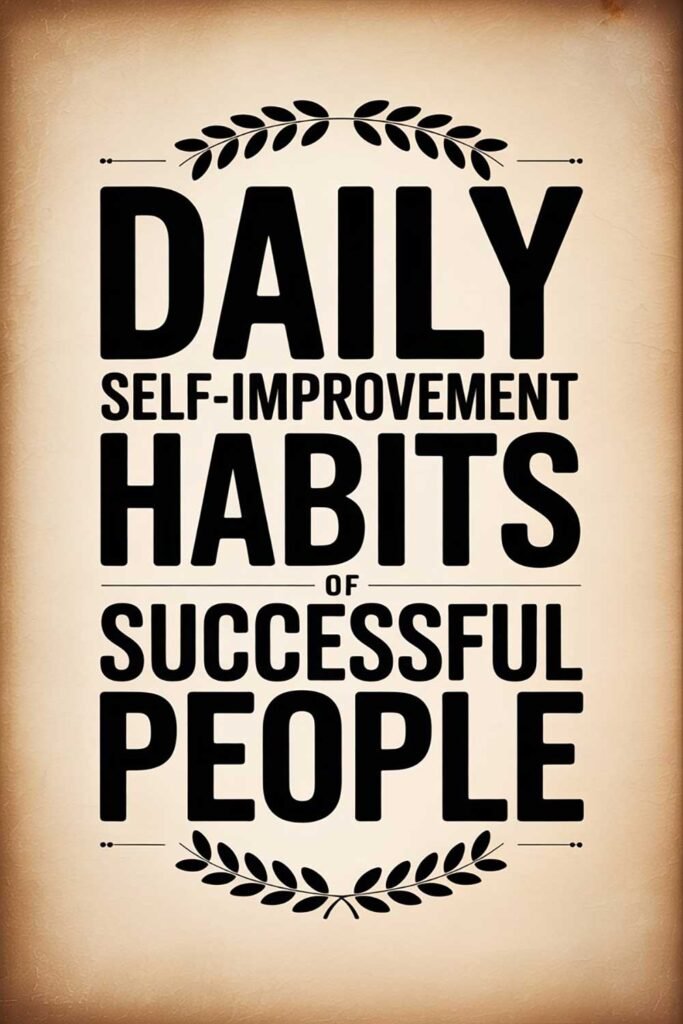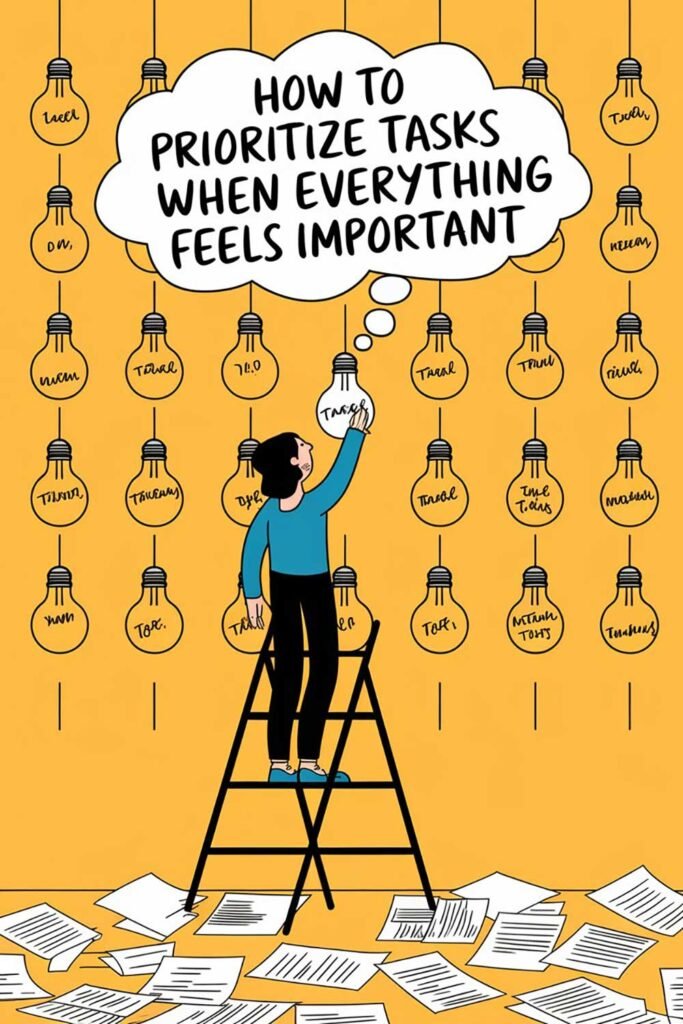How to Create a Weekly Self-Care Schedule You’ll Stick To
In a world that glorifies hustle and constant productivity, taking time for yourself can feel like a luxury—or even guilt-inducing. But here’s the truth: self-care is not selfish. It’s survival. It’s the key to showing up as your best self for your work, your relationships, and most importantly, for you.
Creating a weekly self-care schedule can transform your mental clarity, energy levels, and emotional resilience. The trick? Make it realistic, simple, and personalized.
Let’s walk through how to build a self-care routine that fits your life—and sticks.
1. Understand What Self-Care Really Means
Self-care isn’t just bubble baths and spa days. It’s:
- Setting boundaries
- Getting enough sleep
- Moving your body
- Saying “no” to things that drain you
- Saying “yes” to things that refuel you
Types of self-care to include:
- Physical: Movement, nutrition, rest
- Emotional: Journaling, therapy, expressing feelings
- Mental: Meditation, reading, creativity
- Social: Healthy relationships, time with loved ones
- Spiritual: Reflection, nature walks, mindfulness
Real-life example:
Kayla, a marketing exec, used to think self-care was indulgent. After experiencing burnout, she redefined it as anything that “protects my peace.” Her new self-care includes morning yoga, unplugging after 7pm, and walks with her dog.
2. Start With a Self-Care Brain Dump
Get a notebook or open a notes app. Write down every activity that:
- Brings you joy
- Helps you relax
- Refuels your energy
- Supports your health
Think both big and small: baths, gardening, prayer, solo coffee dates, creative hobbies, talking with friends, clean sheets, etc.
Real-life example:
Luis, a stay-at-home dad, wrote out 25 things that make him feel good. From that list, he picked just 5 to rotate weekly. He calls it his “Feel Good Five.”
3. Pick a Self-Care Theme for Each Day
This makes it easier to remember and plan. Here’s an example:
- Mindful Monday: 10 minutes of meditation, journaling
- Tidy Tuesday: Declutter a space to reduce stress
- Wellness Wednesday: Prep healthy meals or move your body
- Thankful Thursday: Write a gratitude list or send appreciation texts
- Fun Friday: Watch a movie, game night, or hobby time
- Slow-Down Saturday: Sleep in, rest, light reading
- Soulful Sunday: Nature walk, prayer, intention-setting
Real-life example:
Nina, who works full-time and cares for her aging parents, uses themed days so she doesn’t have to “think” about self-care. She just follows her theme and feels more balanced.
4. Use Time Blocking to Make It Stick
Self-care won’t happen if it’s not scheduled. Use your calendar to block specific times.
Tips:
- Start with 15–30 minutes daily
- Use reminders or phone alarms
- Treat these appointments like you would a job interview
Real-life example:
Derrick, a nurse, added 30-minute self-care blocks in his Google Calendar. He found that by treating it like a real meeting, he didn’t skip it anymore.
5. Include Micro and Macro Self-Care
Not all self-care needs to be lengthy.
- Micro: 3 deep breaths, 5-minute stretch, listening to a favorite song
- Macro: A weekend getaway, spa day, or deep therapy session
Real-life example:
Alexa, an overworked grad student, started with micro self-care moments in between classes. She added macro self-care (like a monthly massage) once she built the habit.
6. Plan Ahead, But Stay Flexible
Life happens. Your schedule should be a guide, not a prison.
- Missed your walk? Try a stretch break instead.
- Too tired to journal? Try one sentence of gratitude.
Real-life example:
Jordan, a corporate lawyer, says giving himself grace when he can’t follow the routine perfectly helped him stay consistent longer than any rigid schedule.
7. Track Your Mood and Energy
See which habits make the biggest impact.
- Use a mood tracker or emoji journal
- Rate energy from 1–10 at the start and end of the day
Real-life example:
Tina, who battles anxiety, used a paper tracker. She realized walking outside improved her mood more than scrolling social media, so she made the switch permanent.
8. Eliminate Energy Drains
Self-care isn’t just what you add—it’s what you remove.
- Toxic relationships
- Endless news scrolling
- Overcommitting
Real-life example:
Ravi unsubscribed from 20 junk emails, turned off phone notifications, and stopped saying yes to things he hated. His weekly stress dropped dramatically.
9. Celebrate Your Wins (No Matter How Small)
Consistency over perfection. Celebrate every day you:
- Took a walk
- Drank water
- Took a nap instead of pushing through
Real-life example:
Jenna gives herself a sticker on a chart every time she completes a self-care task. At the end of the week, she treats herself to something small and joyful.
10. Revisit and Adjust Monthly
Your needs will change. Make self-care a dynamic ritual.
Tips:
- Reflect: What’s working? What feels forced?
- Swap out what you dread
- Keep what you crave
Real-life example:
Emmanuel, a college professor, noticed he was skipping Friday activities. He swapped his schedule to do his favorite self-care (painting) on Wednesdays instead. Problem solved.
20 Quotes About Self-Care & Routines
“Almost everything will work again if you unplug it for a few minutes, including you.” – Anne Lamott
“You can’t pour from an empty cup. Take care of yourself first.” – Unknown
“Self-care is giving the world the best of you, not what’s left of you.” – Katie Reed
“Rest is not idleness. It is essential.” – John Lubbock
“Nourishing yourself in a way that helps you blossom is a form of self-respect.” – Deborah Day
“Caring for myself is not self-indulgence, it is self-preservation.” – Audre Lorde
“Don’t sacrifice yourself too much, because if you sacrifice too much there’s nothing else you can give.” – Karl Lagerfeld
“Almost everything will work if you unplug it for a while, including you.” – Anne Lamott
“Self-care is how you take your power back.” – Lalah Delia
“Sleep is the best meditation.” – Dalai Lama
“Take time to do what makes your soul happy.” – Unknown
“It’s not selfish to love yourself, take care of yourself, and make your happiness a priority. It’s necessary.” – Mandy Hale
“Schedule rest before your body demands it.” – Unknown
“Wellness is the complete integration of body, mind, and spirit.” – Greg Anderson
“Self-care is a deliberate choice to gift ourselves with our own attention.” – Unknown
“An empty lantern provides no light. Self-care is the fuel that allows your light to shine brightly.” – Unknown
“The time to relax is when you don’t have time for it.” – Sydney J. Harris
“Keep taking time for yourself until you’re you again.” – Lalah Delia
“Your mental health is a priority. Your happiness is essential. Your self-care is a necessity.” – HealthyPlace
“Breathe. Let go. And remind yourself that this very moment is the only one you know you have for sure.” – Oprah Winfrey
🧠 Picture This
Imagine waking up and knowing exactly how to care for your mind, body, and spirit today. You glance at your self-care schedule and smile. Today is “Wellness Wednesday,” and you already blocked out 30 minutes for a walk and meal prep. You feel calm, intentional, and worthy. Your energy rises because you’re no longer surviving—you’re thriving. Your life feels more peaceful, more joyful, more yours.
What would change in your life if self-care became non-negotiable?
💬 Please Share This Article
If this article helped you or made you think of someone who needs to slow down and care for themselves, please share it. You never know whose life you might impact just by sending them the reminder that they deserve rest too.
⚠️ Disclaimer
This article is based on personal experience and research for informational purposes only. It is not medical advice or a substitute for therapy. Always consult a professional before making any changes to your mental or physical health routines.






